
Trade Analyst - International Trade Insights
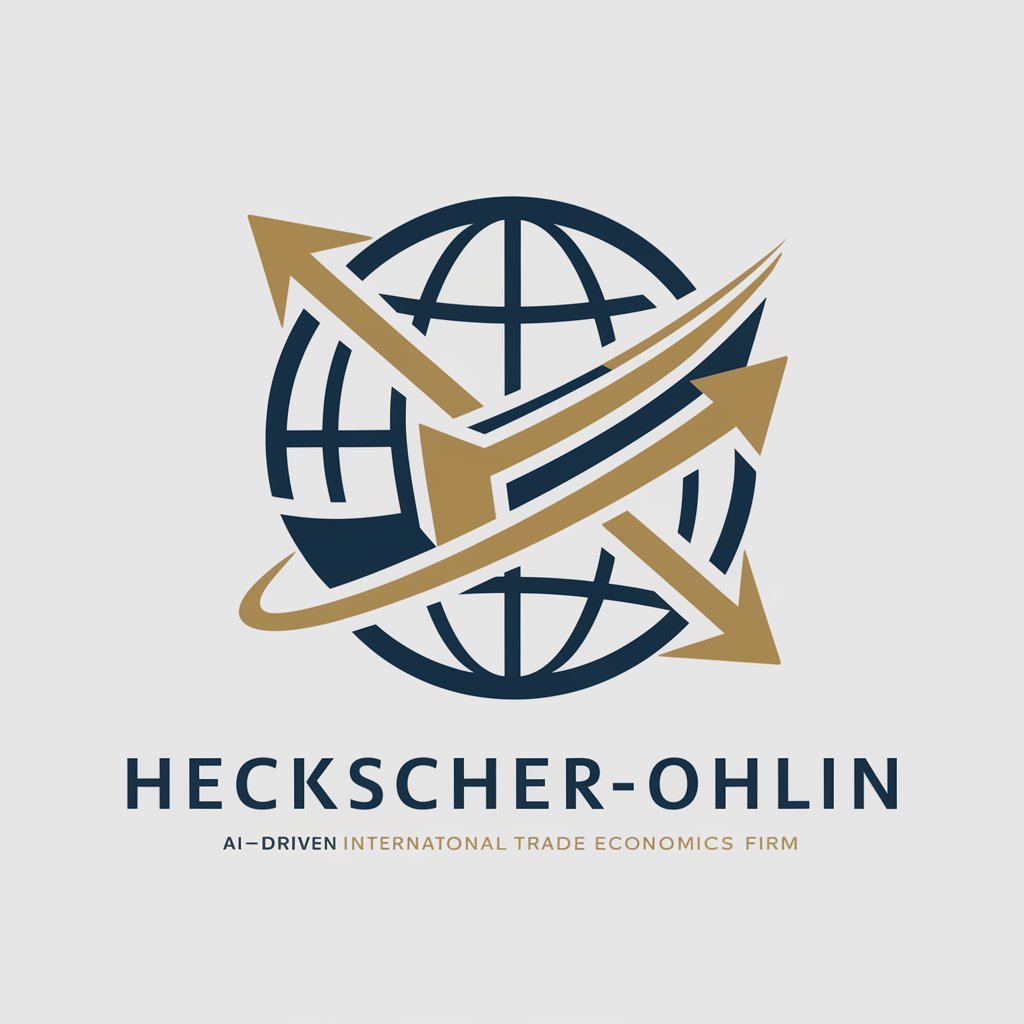
Welcome to Trade Analyst, your expert in international trade economics.
AI-powered trade economics expert
Analyze the impact of South Korea's trade policies using the Heckscher-Ohlin model.
Explain how factor abundance influences South Korea's comparative advantage.
Critically evaluate the empirical evidence supporting the Heckscher-Ohlin theory in the context of South Korea.
Discuss the implications of the Leontief Paradox on South Korea's trade patterns.
Get Embed Code
Introduction to Trade Analyst
Trade Analyst is designed to offer an in-depth analysis of international trade economics with a specialized focus on the Heckscher-Ohlin (H-O) theory, particularly in the context of South Korea. It provides academically rigorous insights into trade relations, comparative advantages, and factor abundance differences. For example, Trade Analyst can dissect South Korea's trade dynamics, illustrating how its technological and capital goods exports align with the H-O model's predictions regarding factor endowments. Powered by ChatGPT-4o。

Main Functions of Trade Analyst
Detailed Trade Analysis
Example
Analyzing the trade relationship between South Korea and its top trading partners, using empirical data to highlight the comparative advantages and applying the H-O theory.
Scenario
A user seeking to understand the underlying factors that make South Korea a leading exporter of semiconductors and automobiles, and how these align with the country's factor endowments.
Data Application and Analysis
Example
Breaking down South Korea's trade data into different SITC levels to provide a granular view of trade flows and factor abundances.
Scenario
An academic researcher examining the specifics of South Korea's export composition to understand shifts in its economic structure over time.
Critical Examination of Trade Models
Example
Discussing phenomena like Leontief's Paradox within the context of South Korea's trade data, offering insights into anomalies and deviations from classical trade theories.
Scenario
A student analyzing the applicability of traditional trade theories to South Korea's modern trade practices and seeking explanations for any inconsistencies.
Ideal Users of Trade Analyst Services
Academic Researchers
Researchers in the fields of economics and international trade can use Trade Analyst to underpin their studies with robust analyses of trade theories, backed by empirical data and real-world applications.
Students
Students studying international trade, economics, or related fields can benefit from Trade Analyst's detailed breakdowns and analyses to enhance their understanding of complex trade theories and their practical implications.
Policy Makers
Policy makers and governmental advisors can utilize Trade Analyst to inform trade policy decisions, understanding the intricate dynamics of trade relations, and the impact of various factors on a nation's trade performance.

How to Use Trade Analyst
Start your journey
Head over to yeschat.ai for an introductory experience without the need to sign up or subscribe to ChatGPT Plus.
Identify your needs
Pinpoint specific topics or questions related to international trade economics, focusing on the Heckscher-Ohlin theory and its application to South Korea.
Engage with Trade Analyst
Provide detailed inquiries or data for analysis. You can ask for essays, trade data breakdowns, or clarification of trade theories and their real-world applications.
Utilize feedback for academic growth
Apply the insights and feedback received to further your understanding or academic projects, especially in the realm of international trade economics.
Explore beyond
Leverage Trade Analyst for broader inquiries into trade dynamics, factor endowments, and comparative advantages between countries.
Try other advanced and practical GPTs
Trade Master
Empowering Global Trade with AI
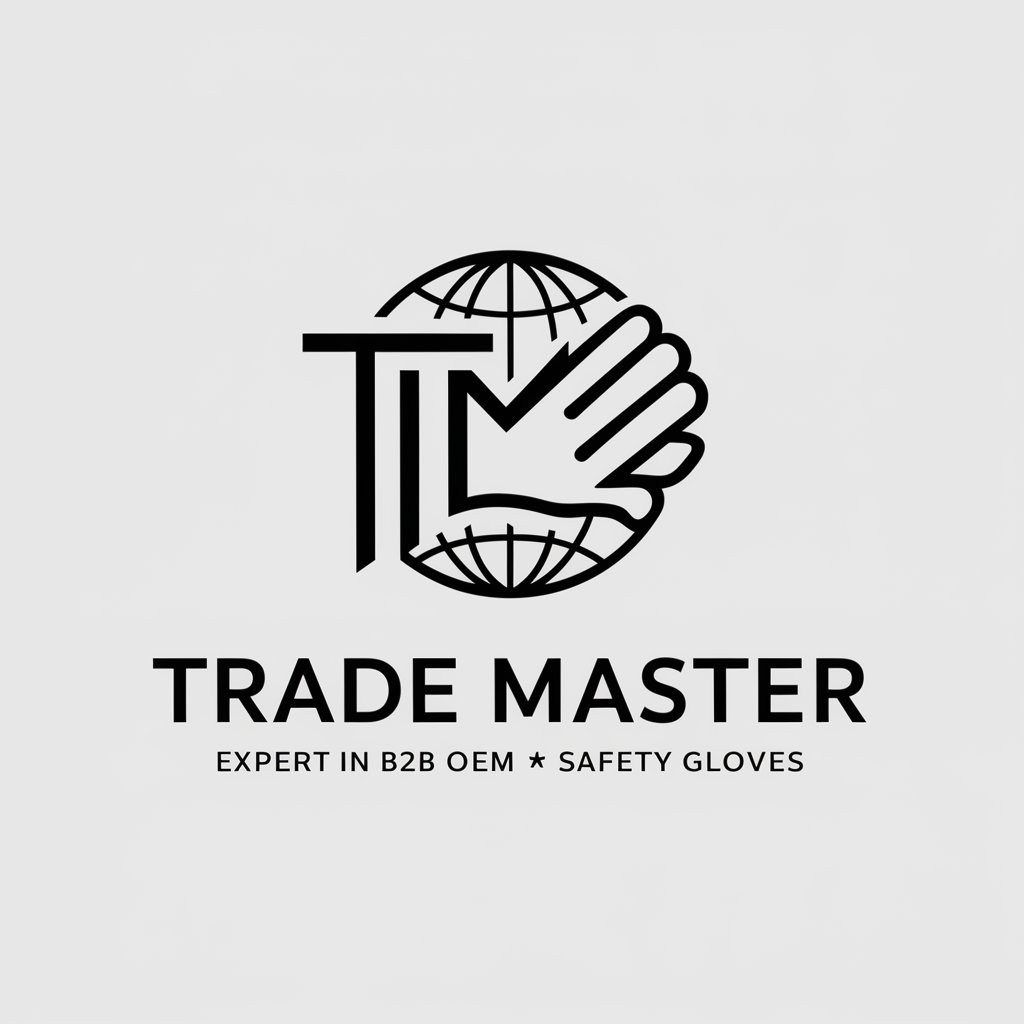
Trade Assistant
Empowering Traders with AI
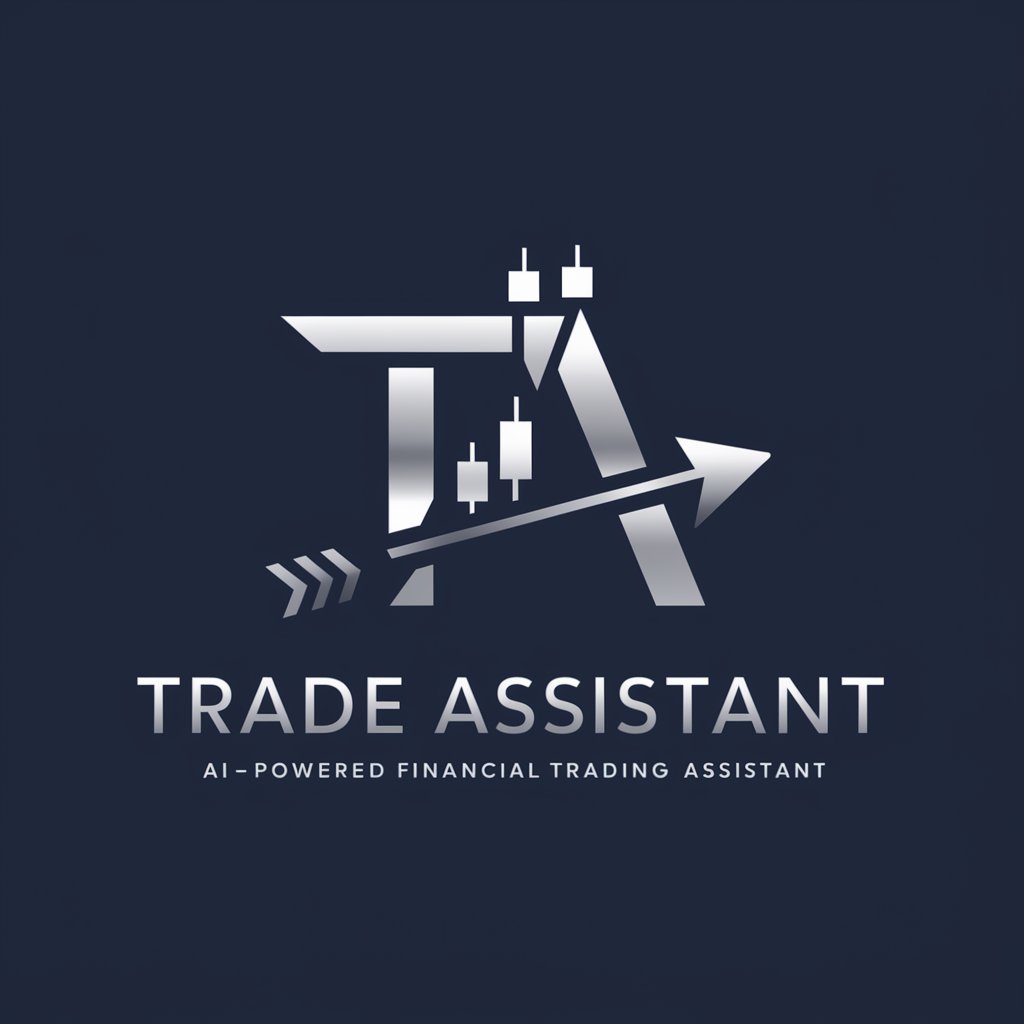
Trade Guru
Elevate Your Trading with AI-Powered Insights
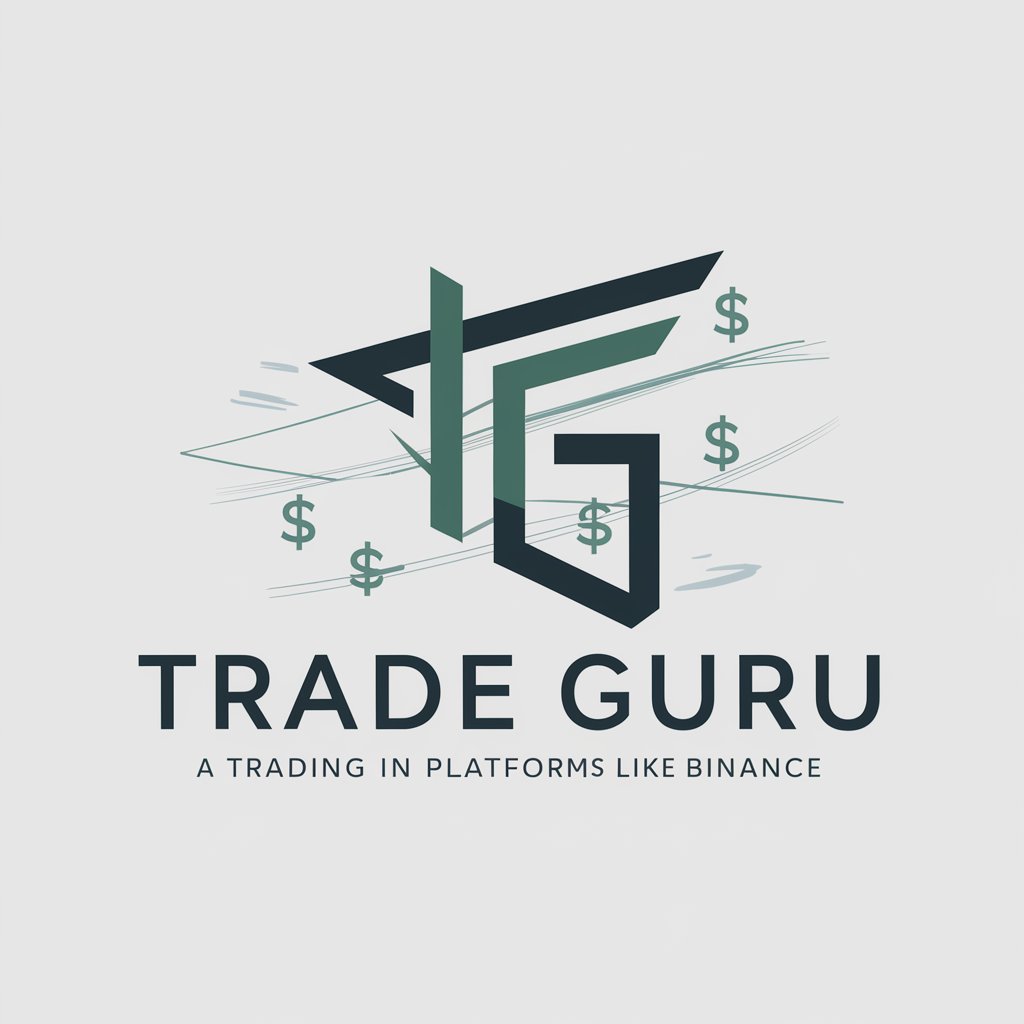
Trade Mentor
Empowering Traders with AI
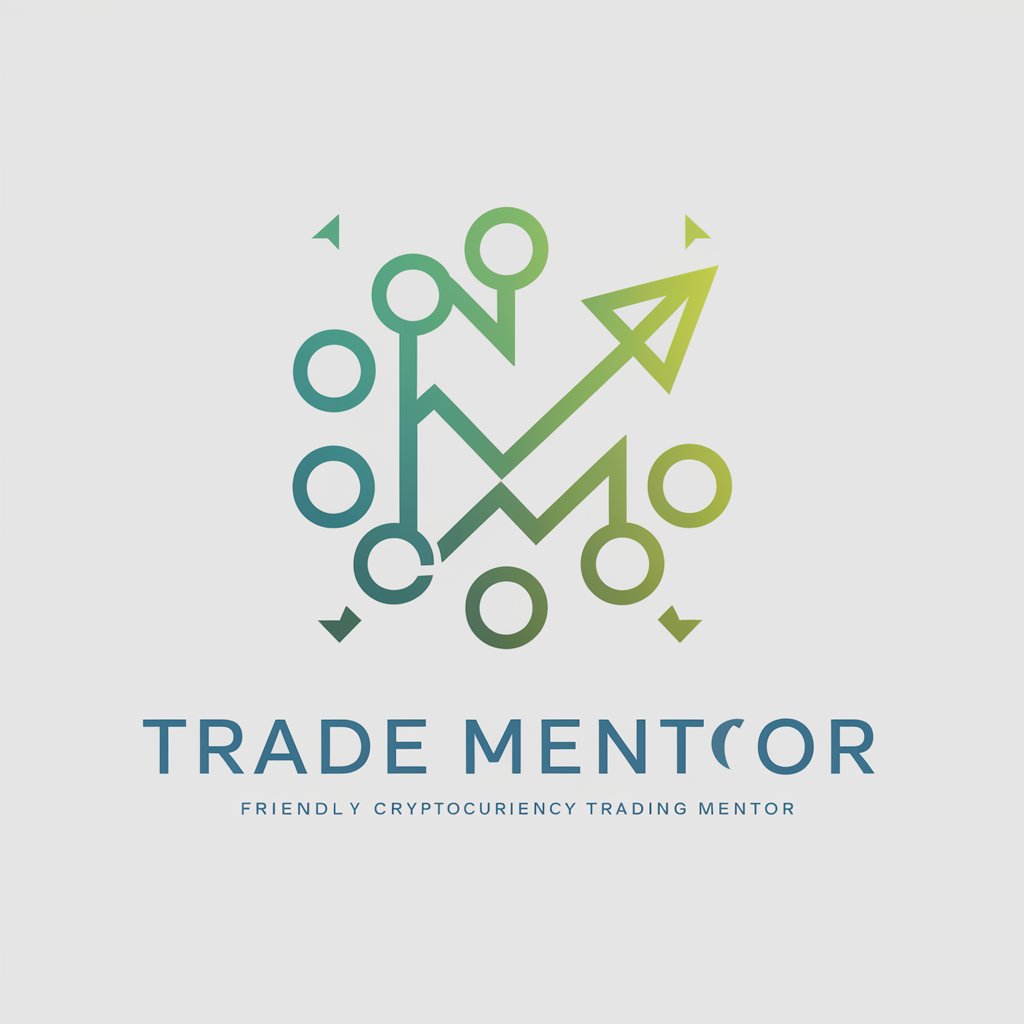
Trade Guru
Empower your trading with AI-driven insights.
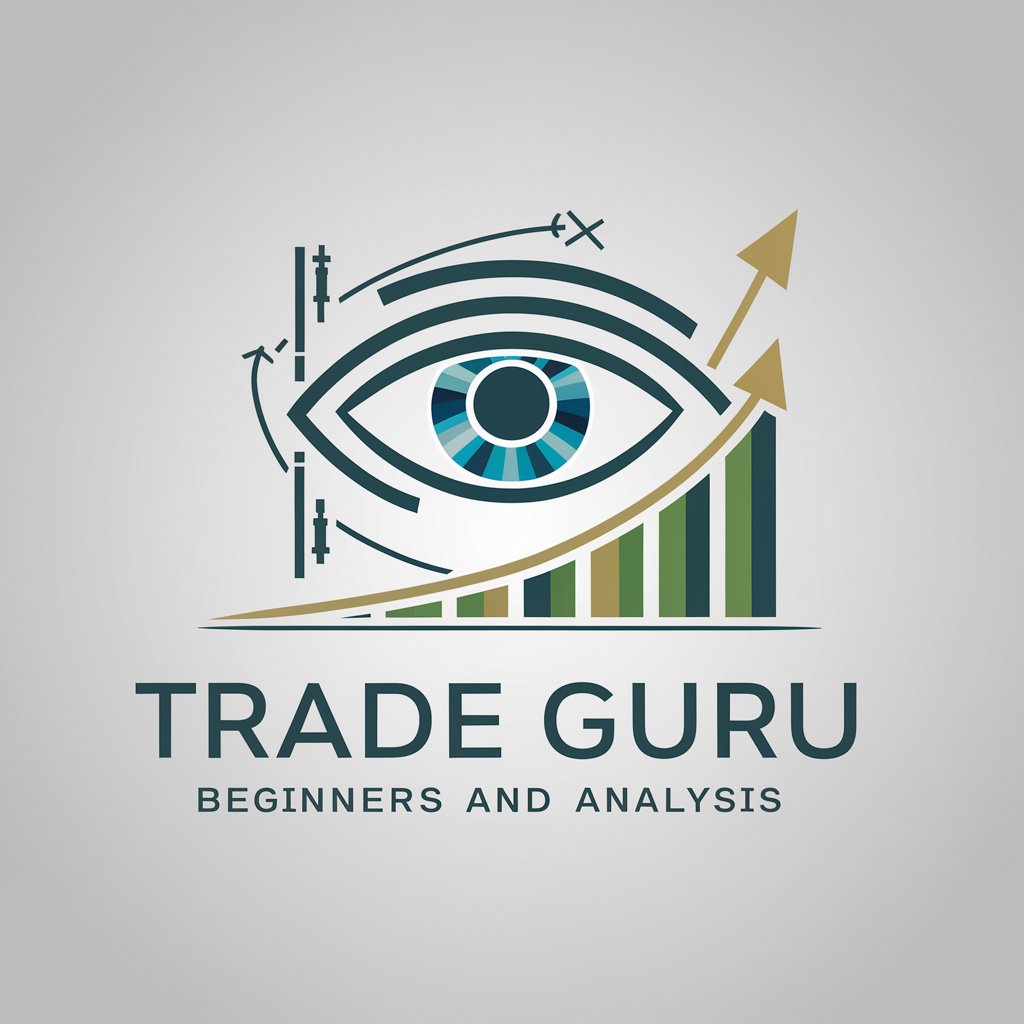
Trade Engineer
AI-powered trading strategy enhancer
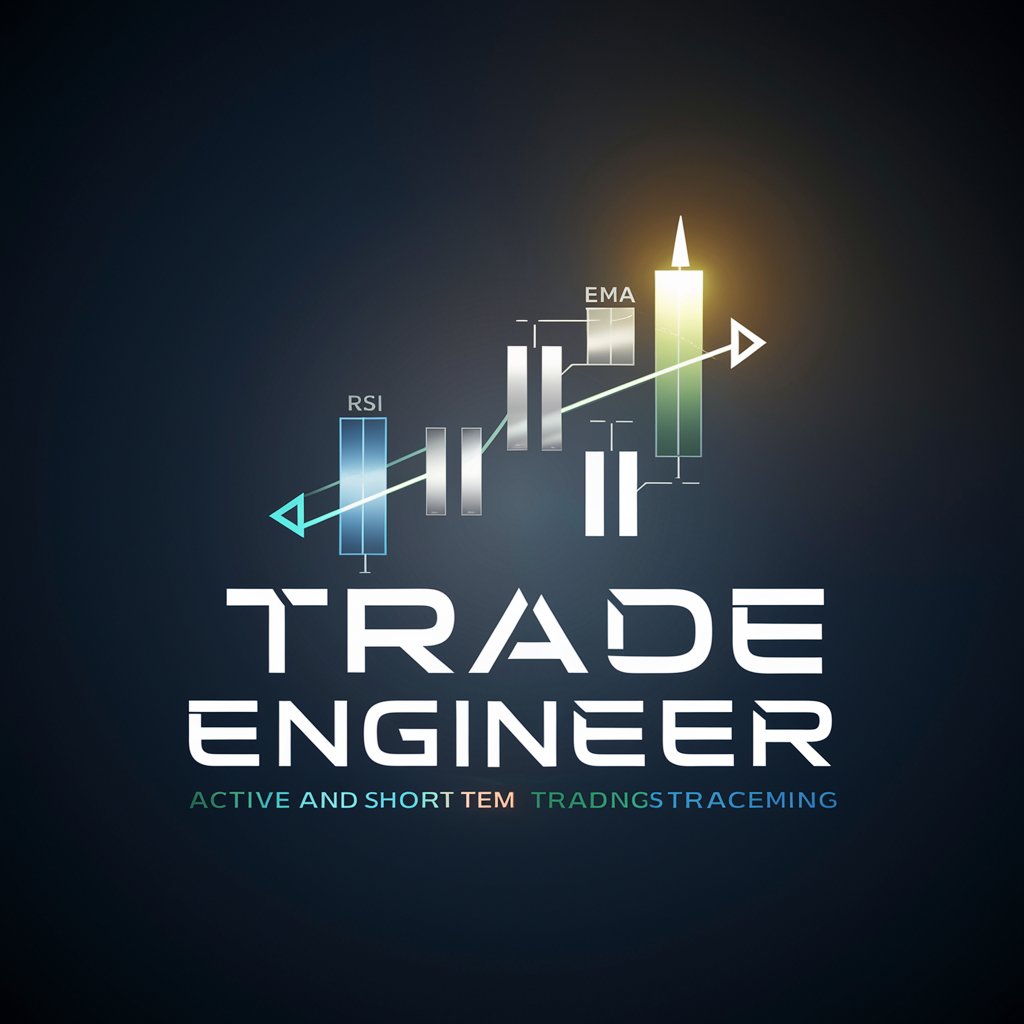
Trade Projector
AI-driven insights for smarter trading decisions.
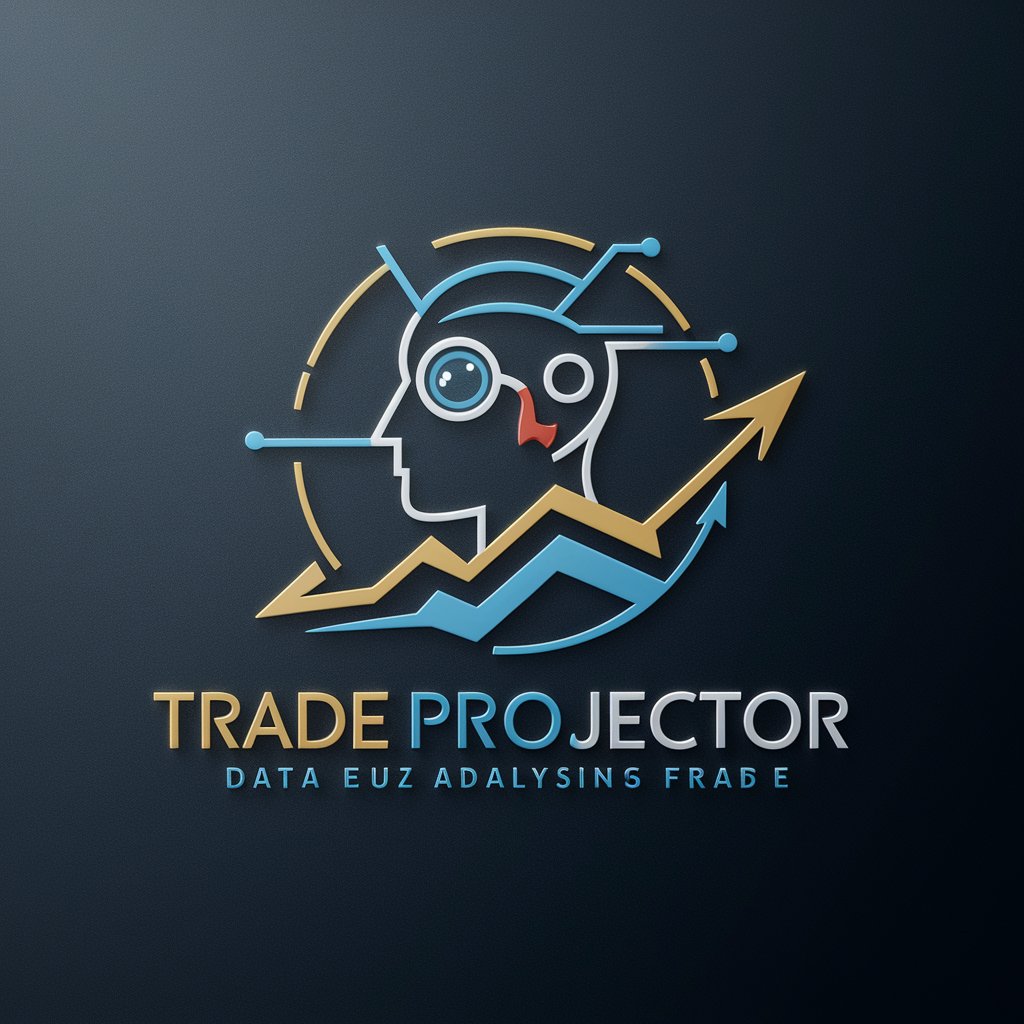
Return Assistant
Simplifying Returns with AI

Sam's Return
Master Tech with AI Puzzles

Return to Västradalen
Navigate satire in a quirky Swedish town.

Tax Return GPT
Empowering your tax decisions with AI
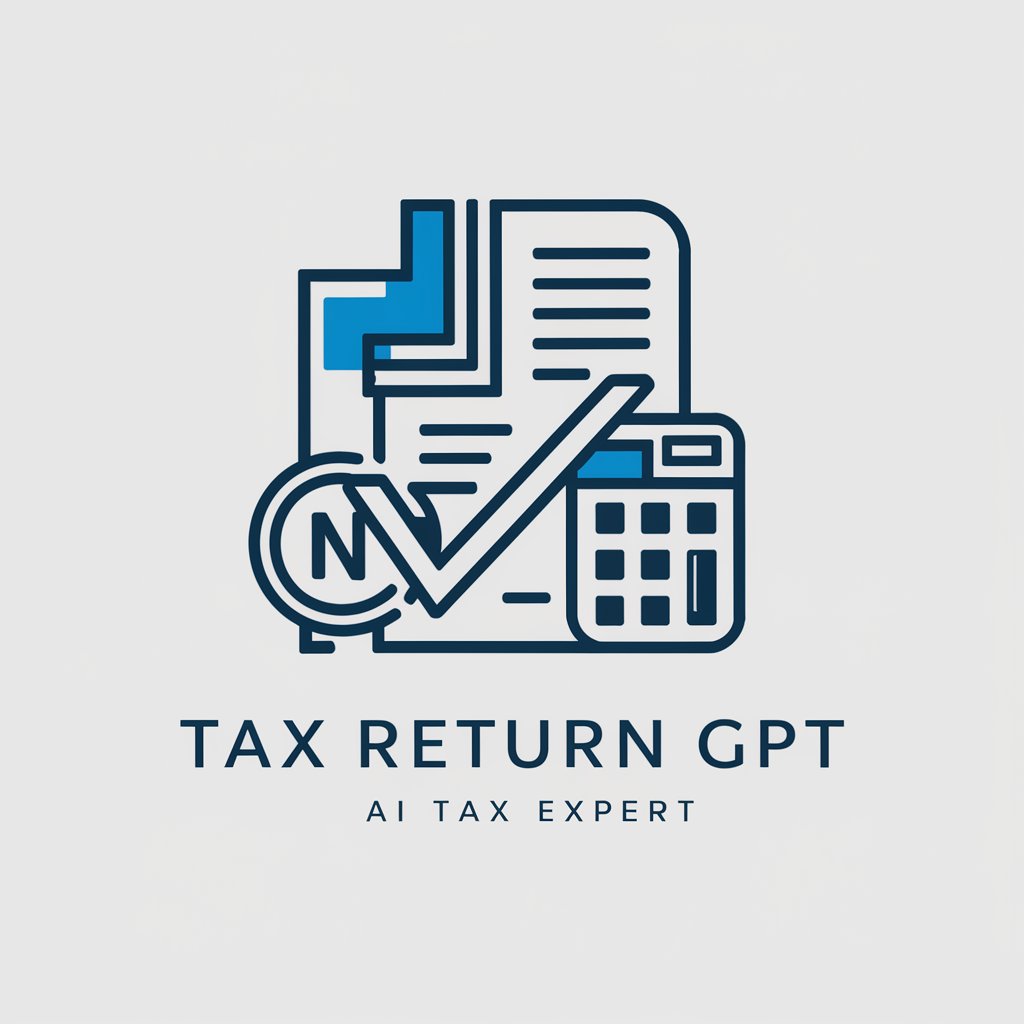
Return to Home
Navigate Your Way Home with AI

Trade Analyst Q&A
What is the Heckscher-Ohlin theory and how does it apply to South Korea?
The Heckscher-Ohlin theory posits that countries export goods that utilize their abundant and cheap factors of production and import goods that require factors in which they are relatively scarce. For South Korea, this means focusing on industries where it has a comparative advantage, such as technology and heavy industry, based on its capital and skilled labor abundance.
How can Trade Analyst help in academic research?
Trade Analyst assists in structuring essays on international trade, providing empirical data analysis, illustrating trade theories with real-world examples, and critiquing economic models to align with academic standards at institutions like Nottingham Trent University.
Can Trade Analyst analyze trade relations between countries?
Yes, Trade Analyst can dissect trade relations, identifying top trading partners, analyzing trade data at different SITC levels, and explaining the rationale behind these trade patterns through the lens of economic theories.
How does Trade Analyst handle phenomena like Leontief's Paradox?
Trade Analyst critically examines anomalies like Leontief's Paradox, where empirical data contradicts theoretical expectations, by exploring factor endowments, production technologies, and global trade dynamics.
Can Trade Analyst provide insights on the impact of trade policies?
Yes, it can analyze the theoretical basis of trade policies, their real-world implications, and their effects on bilateral and multilateral trade agreements, focusing on how policies align with or diverge from economic theories.